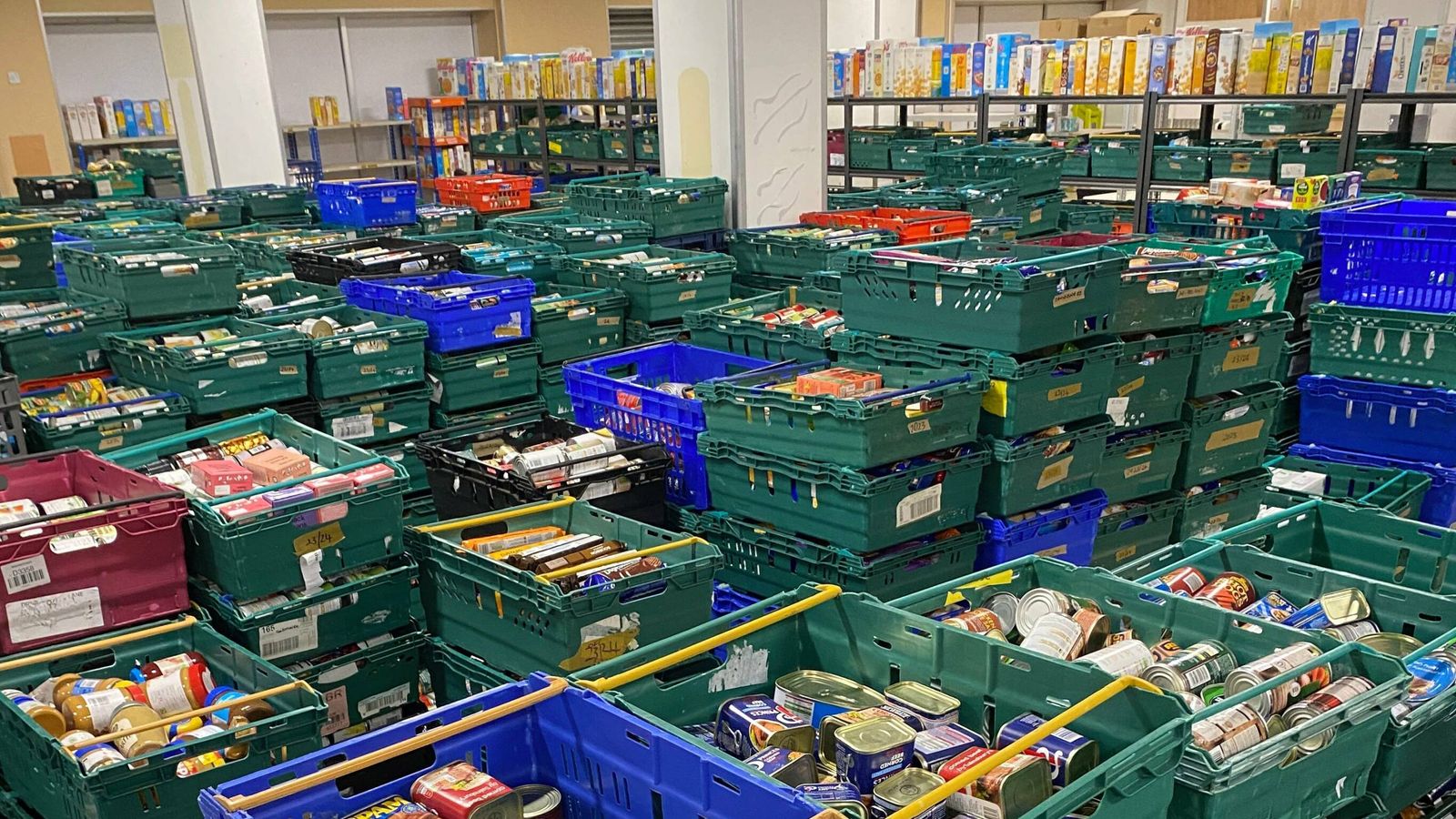The pound has fallen to its lowest level against the dollar since the onset of the pandemic, fuelled by concerns about the economy and the prospect of a second Scottish independence referendum.
Scotland’s First Minister Nicola Sturgeon said earlier that her government had an “indisputable mandate” for another vote and was ready to set out more details of how this could be achieved without the approval of the UK government.
Sterling dropped below $1.20 for the first time since March 2020 – a drop of more than 1.2% on Tuesday.
When compared with the euro, the pound slumped 1.2% to 86.81p, its lowest point since last May.
“If I were to isolate the move lower down to one event, I’d most probably say that the Scottish independence risk was the straw that broke the camel’s back,” said Simon Harvey, head of FX analysis at Monex Europe.
Since the beginning of the year, sterling has fallen more than 11% amid concerns about economic growth, which is expected to be weaker in Britain over the coming months than in most rich countries.
There is added uncertainty about how fast the Bank of England can increase interest rates – which is needed to control soaring inflation – without causing economic damage.
Listen and subscribe to The Ian King Business Podcast here.
Fahad Kamal, chief investment officer at Kleinwort Hambros, said the possibility of a new Scottish independence vote was “really bad news across a number of things”.
“The UK has huge imported energy inflation and it is getting hit on both sides – from oil prices going up and sterling weakening,” he said.
“It is putting Britain on a dangerous inflation trajectory and there is very little the Bank of England can do.”
Data released by the Office for National Statistics earlier this week unexpectedly showed that the UK economy contracted by 0.3% in April.



